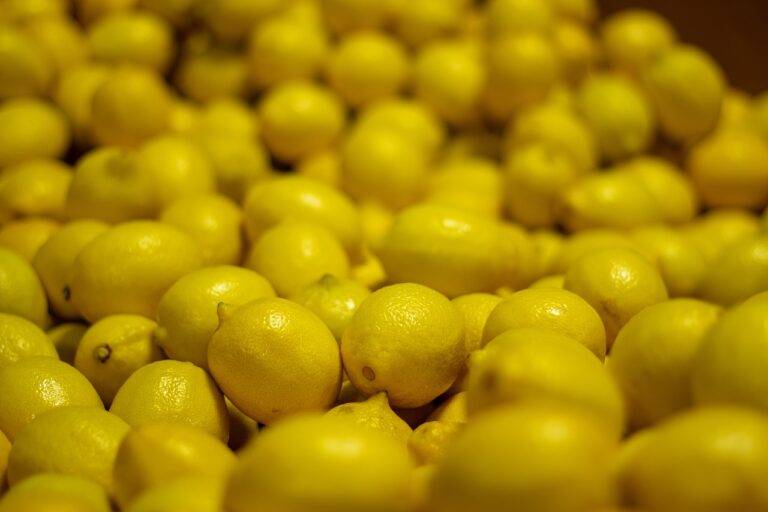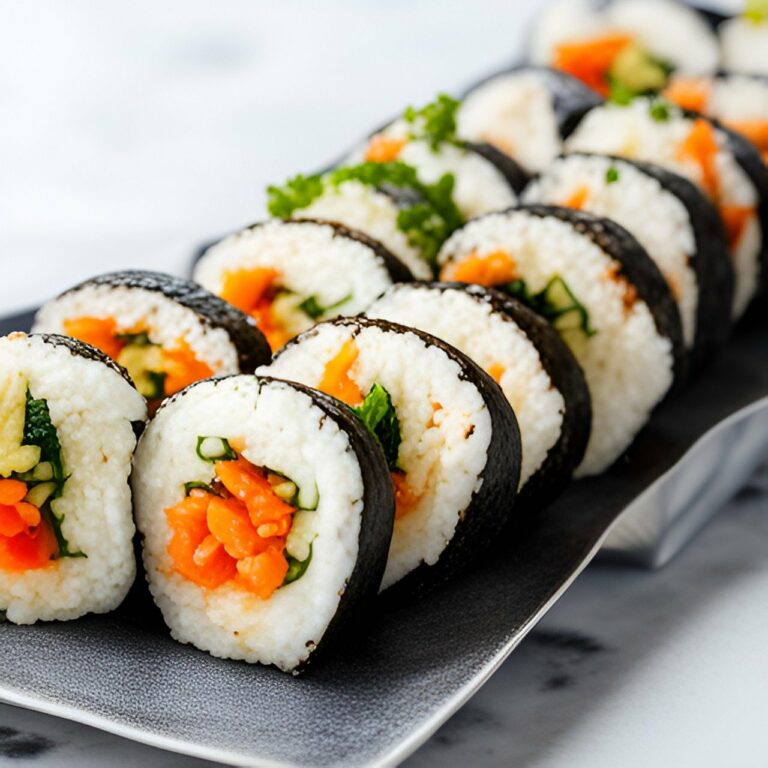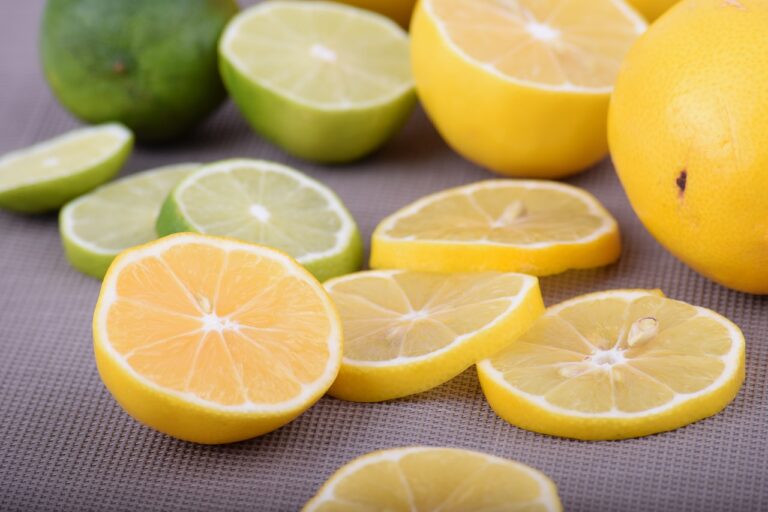The Impact of Nanotechnology on Food Industry
Nanotechnology has brought significant advancements to the field of food production. By incorporating nanomaterials, food producers can enhance the quality of their products, extending shelf life and improving nutritional content. This technology allows for the precise control of properties such as taste, texture, and appearance, leading to the creation of more appealing and marketable food items.
Furthermore, nanotechnology enables the efficient delivery of nutrients and bioactive compounds into food products, promoting health benefits for consumers. Encapsulation techniques using nanoparticles facilitate the protection of sensitive ingredients during processing and storage, ensuring their stability and effectiveness. These innovations contribute to the development of functional foods that offer added value beyond basic nutrition, meeting the demands of a health-conscious market.
Nanotechnology in Food Packaging
Nanotechnology in food packaging is revolutionizing the way we store and preserve our food. By incorporating nanomaterials into packaging, manufacturers are able to create barriers that protect food from oxygen, moisture, and microbes, extending the shelf life of products and reducing food waste. These nanomaterials can also be engineered to release antimicrobial agents, further enhancing the safety and quality of packaged foods.
Furthermore, nanotechnology in food packaging allows for the development of smart packaging solutions that can monitor the freshness of food in real-time. By embedding sensors or indicators at the nanoscale level, packaging can alert consumers to the condition of the product inside, helping them make informed decisions about its consumption. This technology not only ensures the quality of the food but also enhances transparency in the supply chain, fostering trust between producers and consumers.
Improving Food Safety with Nanotechnology
Nanotechnology has emerged as a game-changer in ensuring food safety by providing innovative solutions to combat harmful pathogens and contaminants. Through the utilization of nanomaterials, researchers have been able to develop advanced techniques for detecting and eliminating bacteria and toxins present in food products. These nanosensors and nanocoatings serve as powerful tools in monitoring and maintaining the quality and safety of food throughout the production and distribution process.
Furthermore, nanotechnology enables the enhancement of food packaging materials with antimicrobial properties, prolonging the shelf life of perishable goods and reducing the risk of foodborne illnesses. By incorporating nanoparticles into packaging films and containers, the growth of bacteria and mold can be inhibited, thus preserving the freshness and safety of the enclosed food products. This innovative approach not only safeguards consumer health but also minimizes food waste, contributing to a more sustainable and efficient food supply chain.
• Nanotechnology provides innovative solutions to combat harmful pathogens and contaminants in food
• Nanomaterials are utilized to develop advanced techniques for detecting and eliminating bacteria and toxins
• Nanosensors and nanocoatings help monitor and maintain the quality and safety of food during production and distribution
• Nanotechnology enhances food packaging materials with antimicrobial properties
• Incorporating nanoparticles into packaging films inhibits the growth of bacteria and mold
• Prolongs the shelf life of perishable goods, reducing the risk of foodborne illnesses
By incorporating nanotechnology into various aspects of the food industry, from production to packaging, we can significantly improve food safety standards. This cutting-edge technology not only protects consumers from potential health risks but also promotes sustainability by reducing waste in the supply chain. As research continues to advance in this field, we can expect even more breakthroughs that will revolutionize how we ensure the safety and quality of our food products.
What are the benefits of using nanotechnology in food production?
Nanotechnology can help enhance food quality, improve nutrient delivery, increase shelf life, and reduce the need for preservatives.
How can nanotechnology be used in food packaging?
Nanotechnology can be used to create antimicrobial packaging materials, improve barrier properties to prevent contamination, and create smart packaging that can indicate food spoilage.
How does nanotechnology help in improving food safety?
Nanotechnology can help in detecting pathogens and contaminants in food, improving food preservation methods, and enhancing food quality and safety standards.
Is nanotechnology safe for use in food production?
Nanotechnology is generally considered safe for use in food production, as long as proper regulations and safety standards are followed. Research is ongoing to ensure the safety of nanomaterials in food applications.







